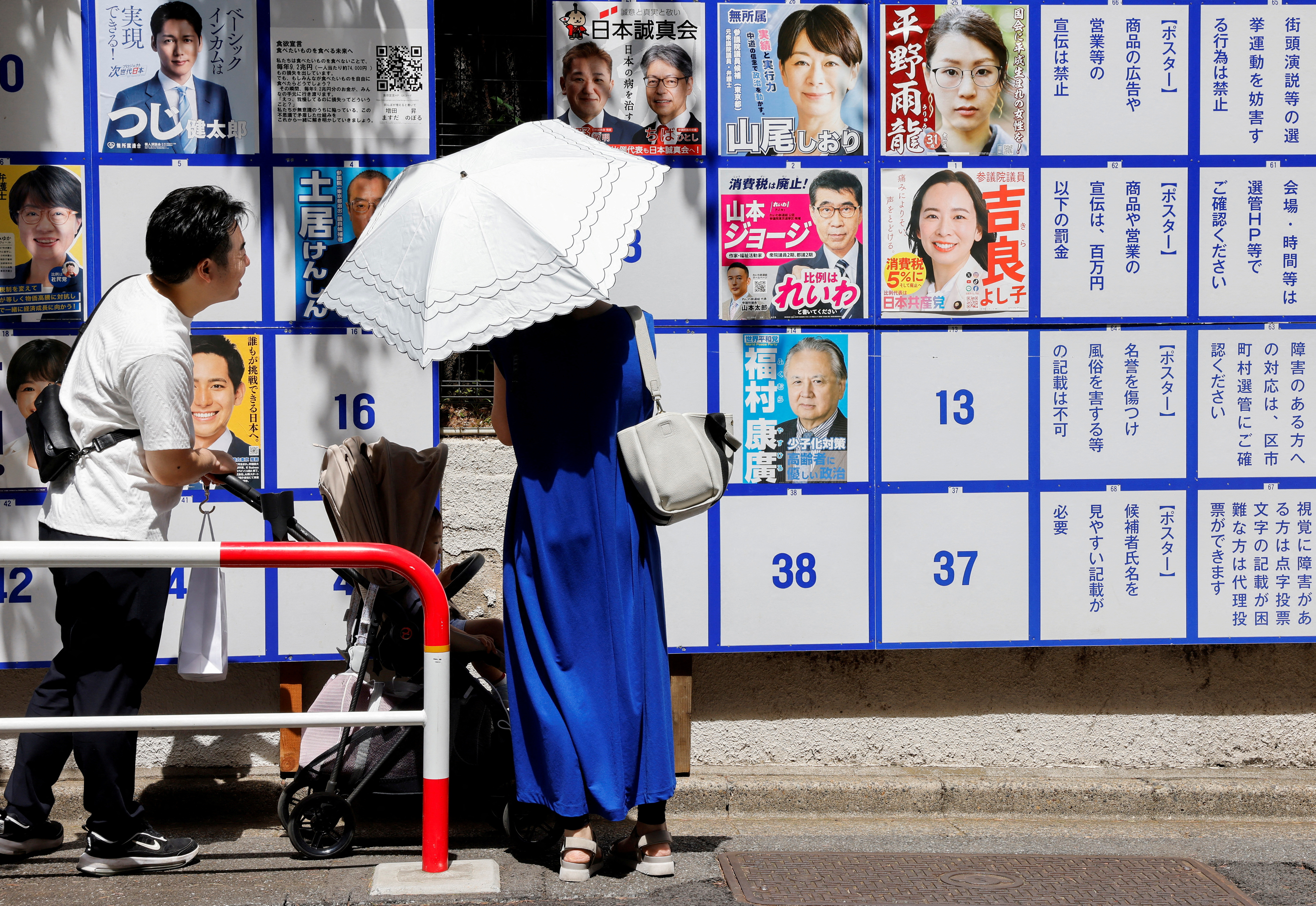Cyprus Marks 51st Anniversary of Turkish Invasion Amidst Stalled Peace Talks

The island of Cyprus marked the 51st anniversary of the 1974 Turkish invasion with starkly contrasting commemorations. Greek Cypriots in the south mourned the war dead, while Turkish Cypriots in the north celebrated the anniversary, highlighting the deep-seated division that continues to plague the island.
The anniversary occurred against a backdrop of stalled UN-brokered peace talks, with both sides remaining entrenched in their positions regarding the future of the island.
Solemn Memorials in the South
In the Republic of Cyprus, controlled by Greek Cypriots, somber memorial services were held for those killed during the 1974 invasion. Air raid sirens wailed at 5:30 AM, the precise time Turkish troops landed on the northern coast 51 years prior. President Nikos Christodoulides attended a memorial service and vowed never to forget the events of 1974 or concede any territory. He also criticized the celebrations in the north as "shameful."
Celebrations and Two-State Support in the North

In the Turkish Republic of Northern Cyprus (TRNC), celebrations marked the anniversary. Turkish President Recep Tayyip Erdogan reiterated his strong support for a two-state solution, urging the international community to recognize the TRNC and end its isolation. Erdogan stated his support as “absolute”. Turkish Cypriot leader Ersin Tatar asserted that the 1974 intervention brought "peace and tranquility" and prevented the destruction of Turkish Cypriots.
UN-Led Talks Reach Impasse

Just days before the anniversary, UN Secretary-General Antonio Guterres convened meetings in New York with President Christodoulides and leader Tatar, along with representatives from Greece, Turkey, and the United Kingdom. While Guterres described the discussions as "constructive" and noted progress on some confidence-building measures, he acknowledged that more progress was needed and that "a long road ahead" remained.
Tatar expressed disappointment that no agreement was reached on opening four new border crossings, accusing Christodoulides of obstructing the process. He insisted that formal negotiations would not resume unless the "sovereign equality and equal international status" of the TRNC is recognized.
Greek Cypriots oppose a two-state solution, fearing it would legitimize the division and grant Turkey a permanent military presence and intervention rights.
Key Events Leading to the Division

The division of Cyprus stems from a series of events in 1974:
- July 15, 1974: A coup, backed by the Greek military junta, was launched against Cypriot President Archbishop Makarios III, with the aim of uniting Cyprus with Greece.
- July 20, 1974: Turkey initiated a military intervention, "Operation Attila," claiming the need to protect Turkish Cypriots and restore constitutional order.
- August 14, 1974: Turkey launched "Operation Attila II," expanding its control to approximately 37% of the island.
- 1983: Turkish Cypriots declared independence as the Turkish Republic of Northern Cyprus (TRNC), recognized only by Turkey.
- 2004: Cyprus joined the European Union, although EU law only applies to the southern part of the island.
- 2017: The most recent attempt at a peace accord failed due to disagreements over Turkish troop presence, intervention rights, and veto powers for Turkish Cypriots.
Key Stakeholders and Their Positions

Several key stakeholders are involved in the Cyprus issue, each with distinct positions:
- Greek Cypriots (Republic of Cyprus): Advocate for a unified, bi-communal, bi-zonal federation with political equality, consistent with UN Security Council resolutions. They oppose a two-state solution and Turkey's demands for permanent troop presence and intervention rights.
- Turkish Cypriots (TRNC): Advocate for a two-state solution and recognition of their sovereign equality and international status. They argue that previous UN-mediated talks based on a federal solution have failed.
- Turkey: As a guarantor power for Turkish Cypriots, Turkey maintains a military presence in the north and fully supports a two-state solution, advocating for an end to the TRNC's international isolation.
- Greece: As a guarantor power for Greek Cypriots and a NATO ally of Turkey, Greece views the Cyprus issue as a source of tension in its relationship with Turkey.
- United Nations: The UN maintains a peacekeeping force (UNFICYP) in Cyprus and has long mediated peace talks based on a federal reunification.
- United Kingdom: As another guarantor power, the UK maintains sovereign base areas on the island.
- European Union: Cyprus is a member state, and the ongoing division complicates Turkey's aspirations for closer EU ties.
Contrasting Narratives and Ongoing Disputes

The events of 1974 are interpreted very differently by the two communities:
- Greek Cypriots view it as an invasion and ongoing occupation.
- Turkish Cypriots and Turkey consider it a "peace operation" or "military intervention" to protect Turkish Cypriots.
Other points of contention include:
- Deep-rooted mistrust between the two communities and the guarantor powers.
- The central dispute between a two-state solution and a bi-zonal, bi-communal federation.
- Property rights, particularly in the north, where construction has led to legal challenges by Greek Cypriot authorities.
- The international isolation of the TRNC.
- Regional geopolitics, as the conflict impacts relations between Greece and Turkey and influences offshore hydrocarbon exploration in the Eastern Mediterranean.
- The economic impact of the division, which hampers economic development and cooperation across the island.